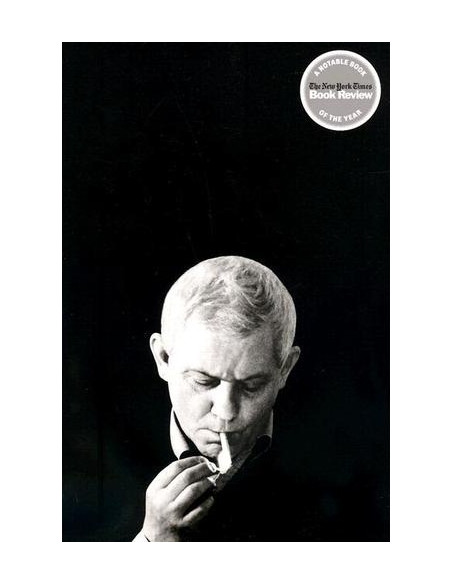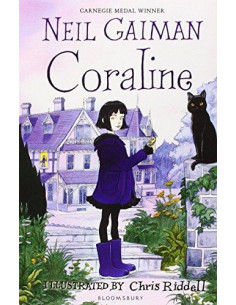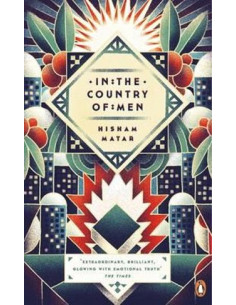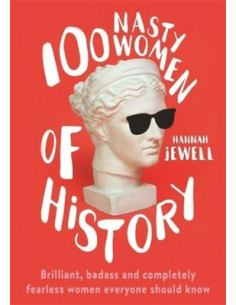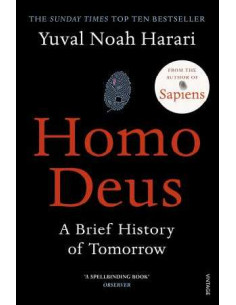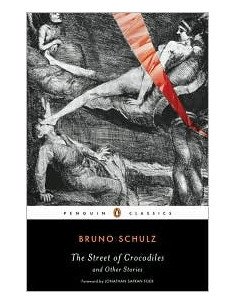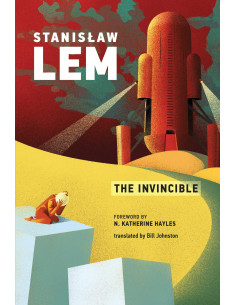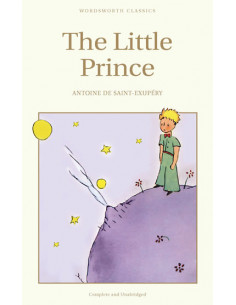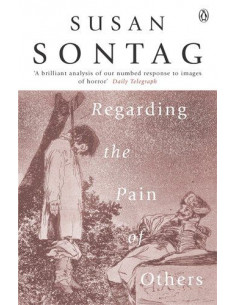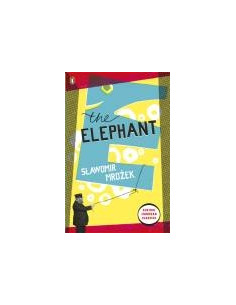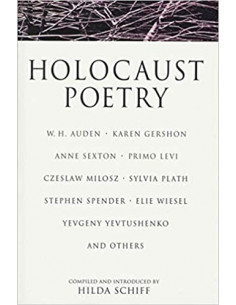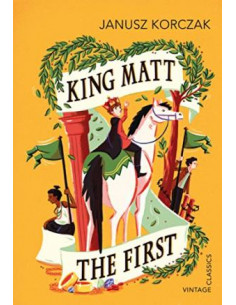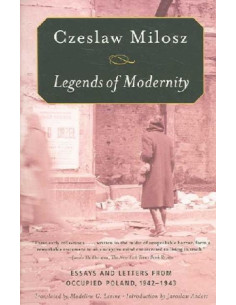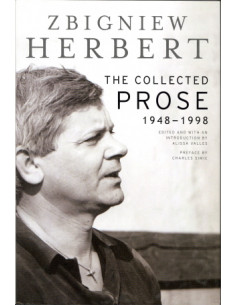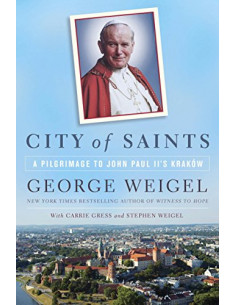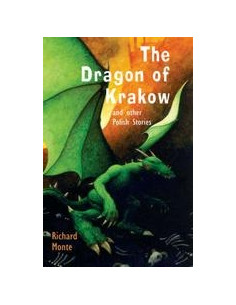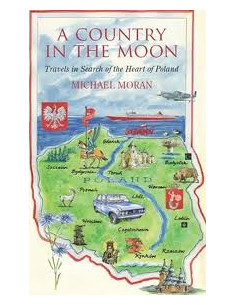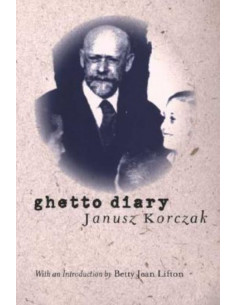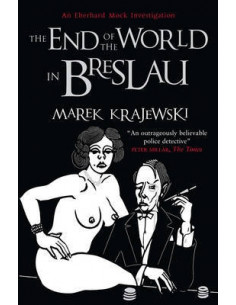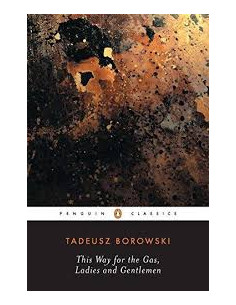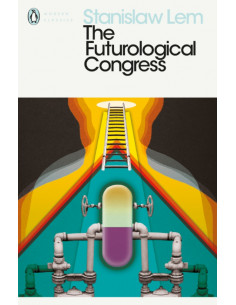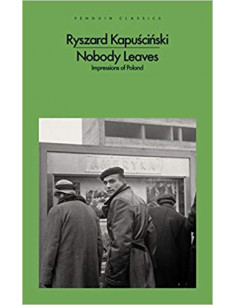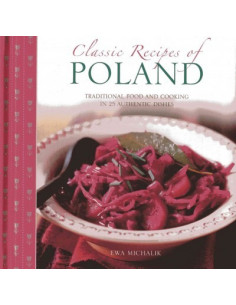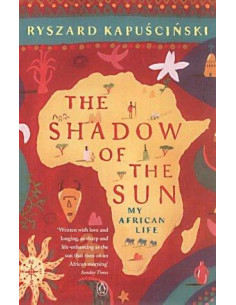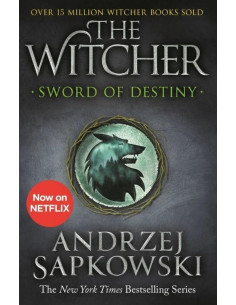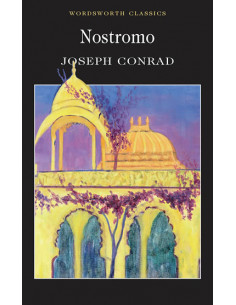Shopping Cart
There are no more items in your cart
The Collected Poems: 1956-1998
- -15%
Published: 2008-01-01
Pages: 601
Paperback
Format: 153 x 229 mm
Pages: 601
Paperback
Format: 153 x 229 mm
A new translation of poetic works by the Polish Nobel Prize candidate includes pieces from his entire body of work, from String of Light to Epilogue of the Storm, in a volume that offers insight into his perspectives on such topics as imagination, art, and exile. Reprint.A new translation of poetic works by the Polish Nobel Prize candidate includes pieces from his entire body of work, from String of Light to Epilogue of the Storm, in a volume that offers insight into his perspectives on such topics as imagination, art, and exile. Reprint.
Czeslaw Milosz
Because Milosz's father was a civil engineer whose skills were in high demand, the family relocated often before settling finally in Wilno, where history--the enduring theme of Milosz's oeuvre-- was, as he put it in his Nobel Lecture, "fixed in every stone." Milosz remained in Wilno to attend the University there, publishing his first poems in the undergraduate journal. In 1931 he joined with like-minded poets in the formation of a literary group called Zagary, which was characterized by the shared sense of foreboding that was manifest in their work; the group thus came to be referred to as the "catastrophists." Milosz traveled to Paris at this time and encountered his uncle Oscar Milosz, a metaphysical poet and a dignitary representing independent Lithuanian interests at the League of Nations, who became a major literary and philosophic influence on Czeslaw Milosz's work. When he returned to Wilno he was employed by Polish Radio, but was soon transferred to Warsaw, where he could be more readily supervised when it became known by the government that he was hiring Jews. The looming sense of catastrophe that was anticipated by Milosz's early poetry was finally confirmed in 1939 when the Nazis took Poland. Meanwhile, in the midst of world chaos Milosz did two important things: he got married, and he translated Eliot's THE WASTE LAND into Polish. A leftist, Milosz wrote for the underground in opposition to the German invasion. This esteemed him in the eyes of the Communists, and when they became dominant, he was hired by the party. In 1946 he went to the United States as an attach? of the Polish embassy. During this three-year period he became increasingly disillusioned with the Soviet regime. When, upon his return, his sentiments became known, his passport was confiscated. With the help of a friend he was able to acquire clearance to travel to Paris, where he successfully defected. However, his disillusion with Communism was at odds with the ardor of Parisians for the movement, and he was not embraced by the Parisian intelligencia. Milosz would have preferred to return to the United States, but the government there was highly suspicious of his former Communist involvement; finally, in 1960, the University of California at Berkeley hired him as lecturer. As a figure in world poetry, Milosz remained a shadow. He continued to write in Polish, but his work was absolutely banned in his native land. However, he was something of a hero to young Polish writers there, many of whom were imprisoned for publishing his work in samizdat venues. He was slowly becoming the voice of the Polish people, albeit a hushed one, and the world began listening. When the power of his work was finally realized, it was realized in spades: he won the Nobel Prize in 1980. A humble professor who was barely recognized in his community, he taught his classes on the day he received the 3 A.M. call from Stockholm.
- Author
- Herbert Zbigniew
- Published
- 2008-01-01
- Pages
- 601
- Format
- 153 x 229 mm
- Cover
- paperback
Information about responsible entities
-
Importer
Top Mark Centre s.c.
Urbanistów 1/51, Warszawa, 02-397, PL
Email: sklep@tmc.com.pl
Phone: 48 22 428 3014 -
Manufacturer
Ecco
1 London Bridge Street, London, SE1 9GF, UK
Email: harpercollins@harpercollins.co.uk
Phone: 44 (0)20 8741 7070
